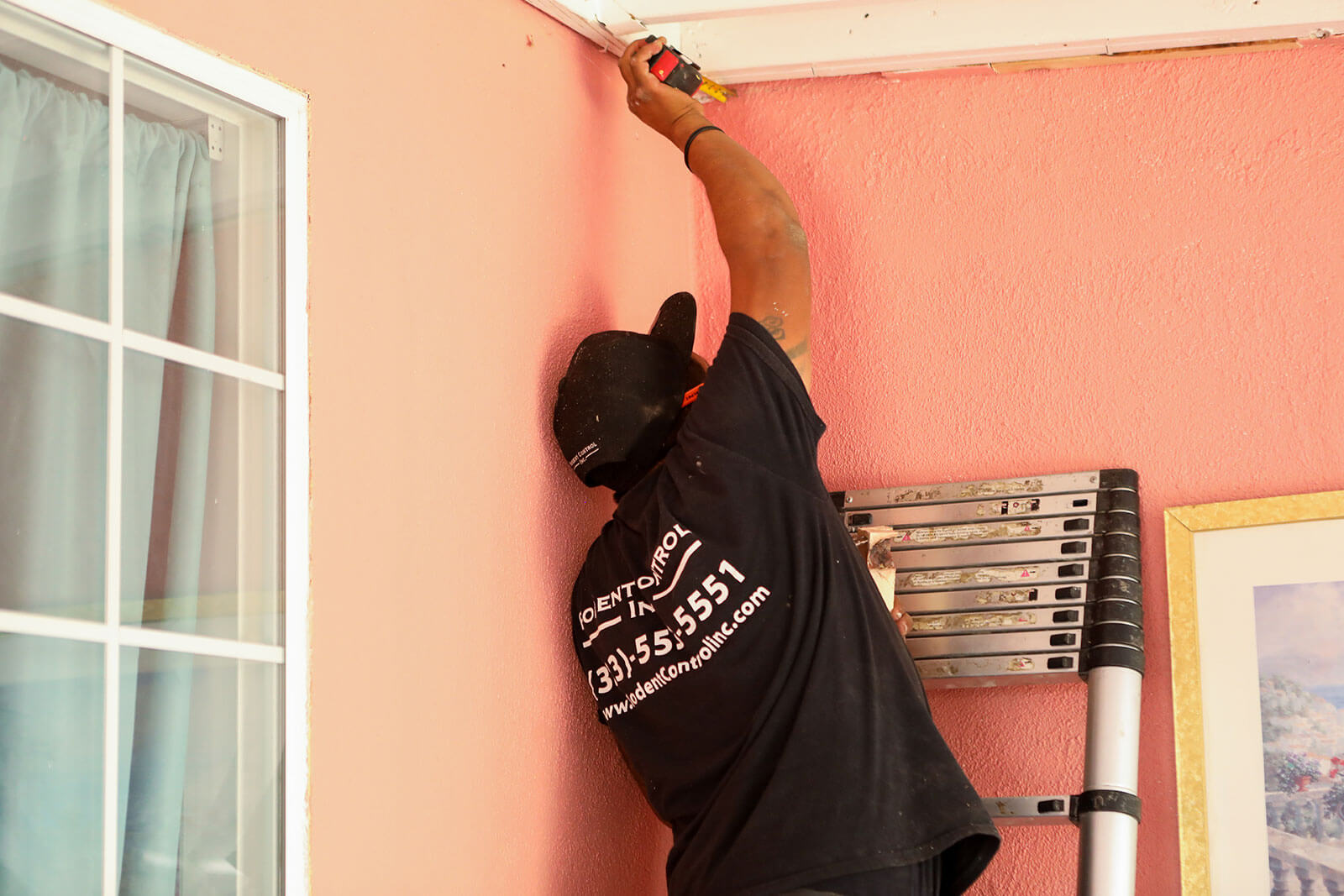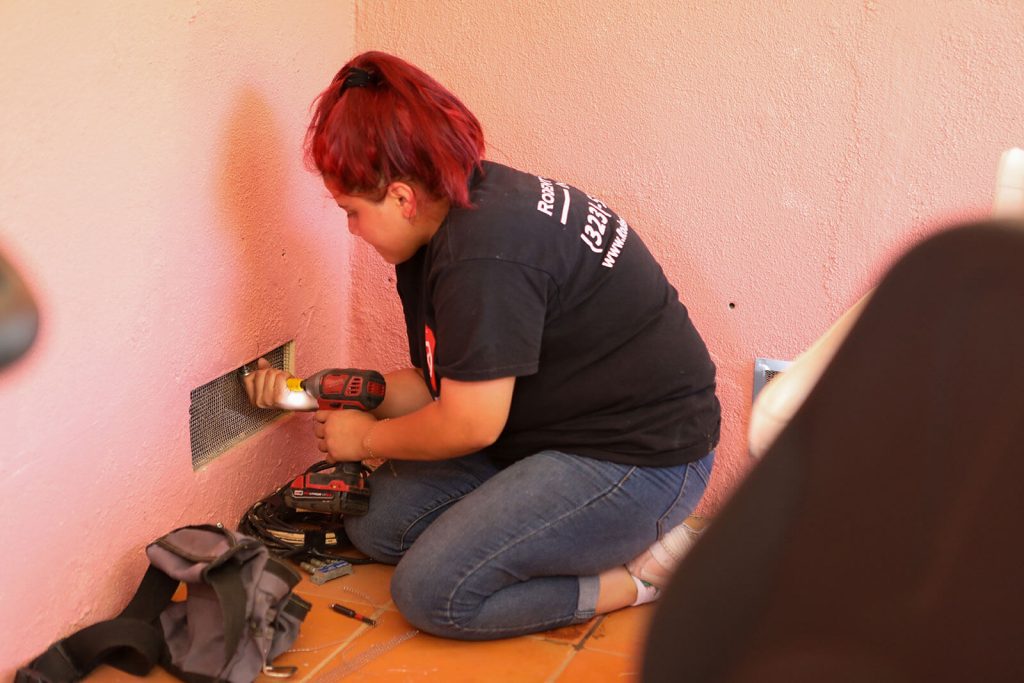Introduction to Rodent Control
Rodents have a way of sneaking into our homes without much notice. From the tiniest mouse to the larger rats, these pests can cause significant damage and pose health risks. As homeowners, it's essential to know how to manage these unwanted guests effectively. In this comprehensive guide, "Rodent Control 101: Essential Tips for Homeowners," we will explore various strategies and methods that can help keep your home rodent-free.
Whether you’re dealing with an existing infestation or simply want to prevent one from occurring, understanding the role of a Rodent Control Company or consulting with Rodent Control Experts can be invaluable. This article is packed with practical advice, tips, and techniques that you can implement right away.
Understanding Rodents: The Common Household Pests
What Types of Rodents Might You Encounter?
When discussing rodents in your home, it’s crucial to identify which types you're dealing with. The most common household rodents include:
- House Mice: Small and agile, house mice are notorious for their ability to squeeze through tiny gaps. Norway Rats: Larger than mice, Norway rats are often found in basements and sewers. Roof Rats: Similar in size to Norway rats but more adept at climbing. Squirrels: While not typically considered pests like mice and rats, squirrels can invade attics and gardens.
Why Are Rodents a Problem?
Rodents can create considerable issues in your home. Health-wise, they can transmit diseases such as hantavirus and salmonella through droppings or urine. Additionally, their insatiable need to gnaw on things means they can chew through wires, insulation, and even wooden structures.
Rodent Control 101: Essential Tips for Homeowners
How Do Rodents Enter Your Home?
Knowing how rodents gain entry is half the battle won. They often exploit small openings or cracks; hence:
- Inspect Foundations: Regular checks on your home's foundation may reveal potential entry points. Seal Gaps: Use steel wool or caulk to seal up any holes larger than a dime.
What Attracts Rodents?
Rodents are often drawn to food sources. Here’s what you should consider:
Food Storage: Ensure all food items are stored in airtight containers. Cleanliness: Maintain clean kitchen counters and dining areas by promptly cleaning up spills and crumbs. Pet Food: Store pet food securely when not in use.Preventative Measures Against Rodents
Landscaping Considerations
Did you know that landscaping choices could affect rodent activity? Keep shrubs trimmed back from the house's perimeter and remove debris where rodents could hide.
Regular Inspections
Frequent inspections around your property are vital:
- Check basements and attics regularly. Look for signs of droppings or gnaw marks.
Finding the Right Rodent Control Service
Why Hire a Professional?
While DIY methods can work, sometimes it’s best to consult professionals who specialize in rodent control services near me. Here’s why:

- Expertise in identifying infestations early Access to advanced traps and baits Knowledge about local regulations regarding pest control
Questions to Ask Before Hiring a Rodent Control Company
When selecting a service provider:
What qualifications do your technicians have? Can you provide references from previous clients? What methods do you use for rodent control? Do you offer guarantees on your services?DIY Methods for Rodent Control
Traps vs Poison
One common question homeowners ask is whether they should use traps or poison:
Traps
Traps come in various forms:
- Snap traps are quick kill options. Live traps allow for humane capture.
Poison
While poison may seem effective, it poses risks:
- Pets or children might accidentally ingest it.
Natural Remedies for Mice Control
If you're inclined towards organic solutions:
Peppermint oil is believed to repel mice due to its strong scent. Using ultrasonic repellents sends sound waves that rodents find uncomfortable.Maintaining Your Yard
Keeping your yard tidy reduces hiding spots for rodents:
- Remove piles of wood or debris. Keep grass cut short.
Identifying Signs of Infestation
How do you know if you have a rodent problem? Watch out for:
Droppings – Small black pellets usually found near food sources. Gnawed materials – Look for signs of chewing on furniture or electrical wires. Nests – Often made from shredded paper or fabric.Health Risks Associated with Rodents
Understanding the health risks posed by rodents is essential:
Hantavirus Pulmonary Syndrome Salmonellosis LeptospirosisThese diseases highlight the importance of prompt action when dealing with infestations.
FAQs About Rodent Control
1. How do I choose a reliable rodent control company?
Look for companies with good reviews online and ask about their experience level.

2. Are there eco-friendly options for rodent control?
Yes! Many companies now offer green alternatives that are safe for pets and kids.
3. How often should I inspect my home for rodents?
Regular inspections every season can help catch problems early before they escalate.
4. What should I do if I see a rat during the day?
Rats are nocturnal; seeing one during daylight might indicate an infestation—contact professionals immediately!
5. Do ultrasonic pest repellents work against rodents?
Some studies suggest they may deter certain pests; however, results vary based on several factors.
6. Can I eliminate rodents without professional help?
While DIY methods exist, hiring experts ensures comprehensive treatment tailored to your situation.
Conclusion
In conclusion, understanding the essentials of rodent control is vital for every homeowner hoping to maintain a safe environment free from pests https://rodentcontrolinc.com/ like mice and rats. By implementing preventative measures as discussed in "Rodent Control 101: Essential Tips for Homeowners," conducting regular inspections, opting for professional assistance when necessary, and considering natural remedies where feasible will empower you against these unwelcome visitors effectively.
With diligence and informed actions guided by expert advice from reputable companies offering rodent control service nearby, you'll stand a better chance at keeping your home secure from future infestations while ensuring peace of mind!